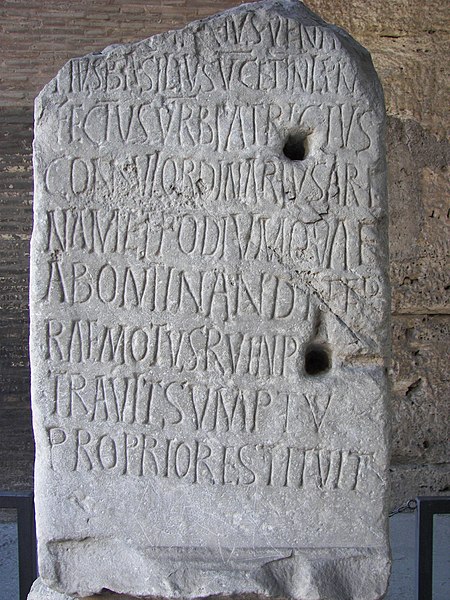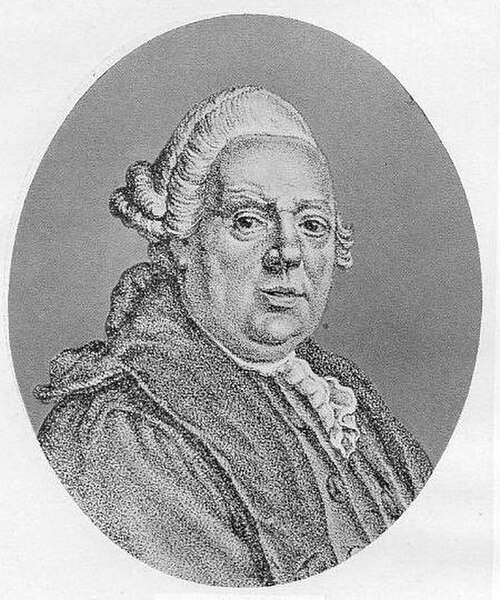Quintus Horatius Flaccus, commonly known in the English-speaking world as Horace, was the leading Roman lyric poet during the time of Augustus. The rhetorician Quintilian regarded his Odes as just about the only Latin lyrics worth reading: "He can be lofty sometimes, yet he is also full of charm and grace, versatile in his figures, and felicitously daring in his choice of words."
Bronze medallion depicting Horace, 4th-5th century
Horace reads his poems in front of Maecenas, by Fyodor Bronnikov
Horace reciting his verses, by Adalbert von Rössler.
Horace, portrayed by Giacomo Di Chirico
Classical Latin is the form of Literary Latin recognized as a literary standard by writers of the late Roman Republic and early Roman Empire. It formed parallel to Vulgar Latin around 75 BC out of Old Latin, and developed by the 3rd century AD into Late Latin. In some later periods, the former was regarded as good or proper Latin; the latter as debased, degenerate, or corrupted. The word Latin is now understood by default to mean "Classical Latin"; for example, modern Latin textbooks almost exclusively teach Classical Latin.
Latin inscription in the Colosseum
David Ruhnken
Wilhelm Sigismund Teuffel
At Maecenas' Reception, oil, Stefan Bakałowicz, 1890. An artist's view of the classical. Maecenas knew and entertained everyone literary in the Golden Age, especially Augustus.








